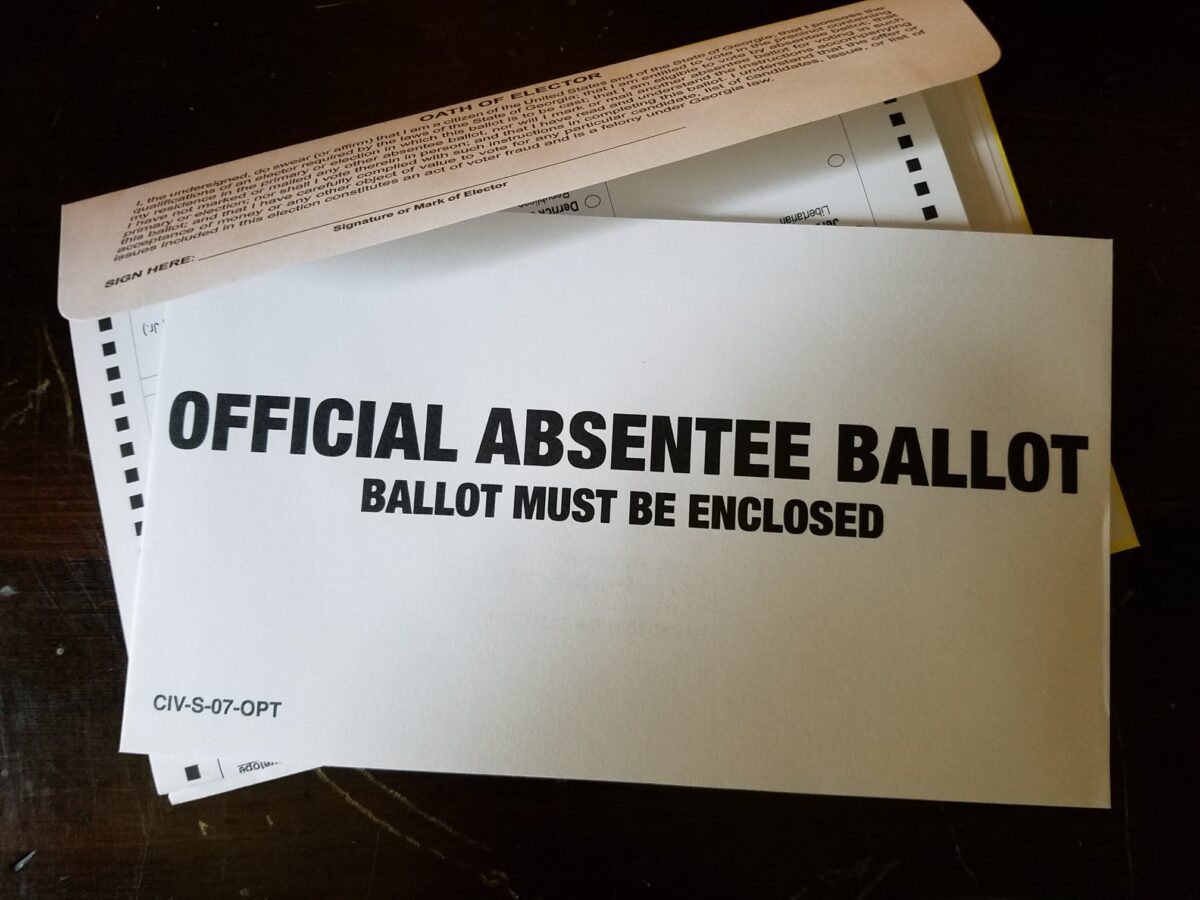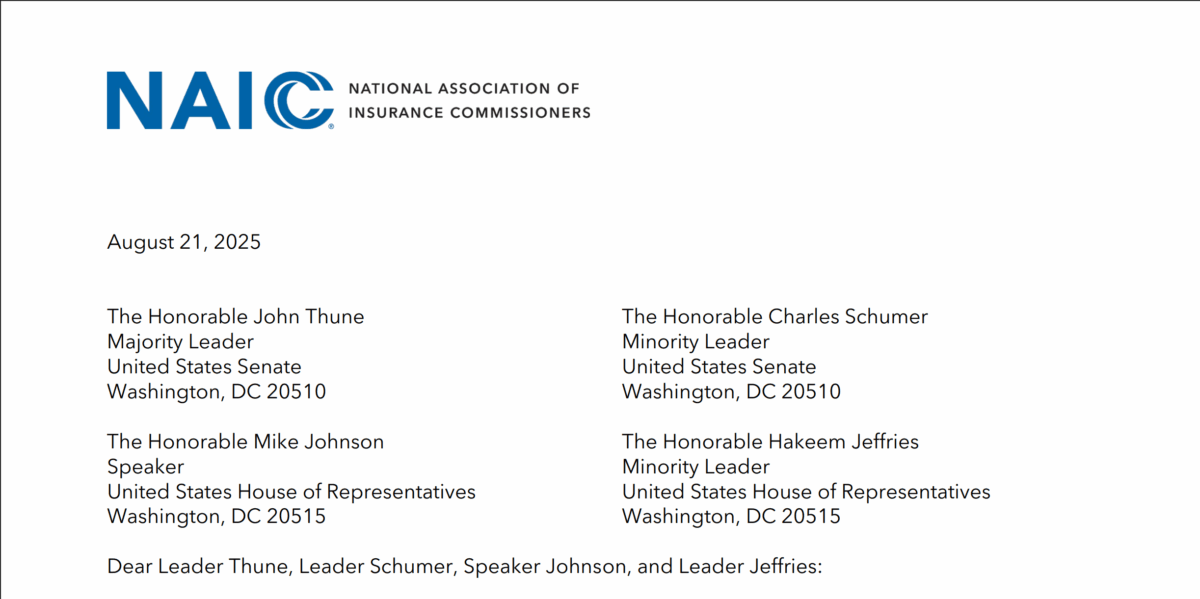People are angry because 8 Democratic Senators voted with Republicans to pass a continuing resolution and re-open the government. The measure now goes to the House where, if Johnson remembers where he left the key to open the doors, it’s likely to pass. Democrats are furious with the Democrats who joined with the Republicans. Oh, […]




